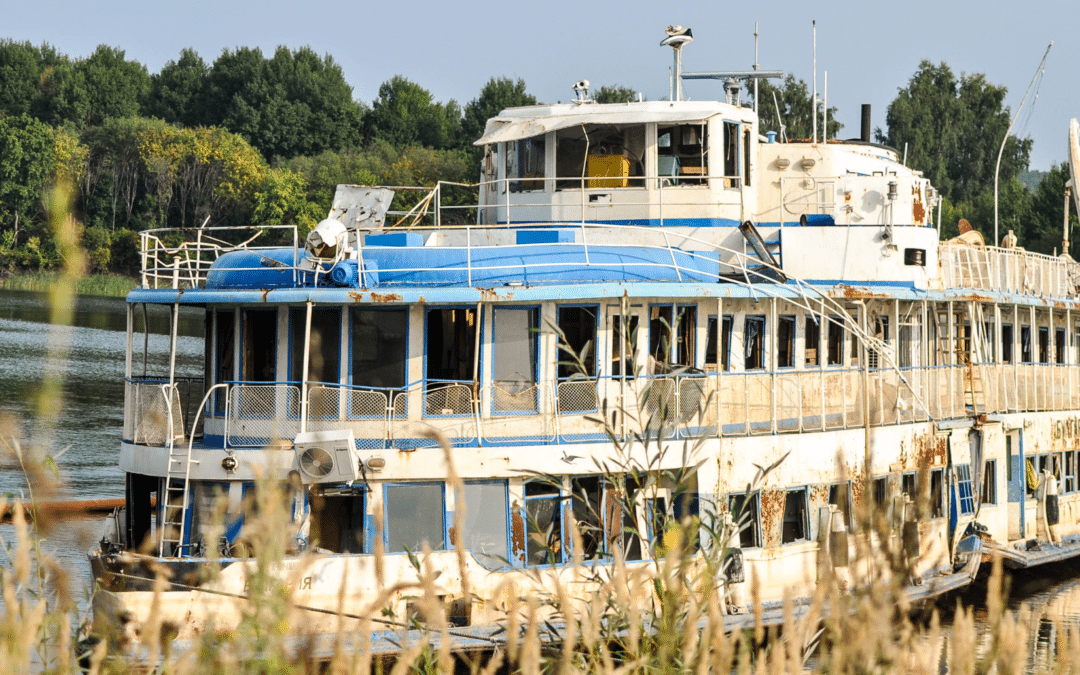The maritime industry poses significant risks, and vessel owners must ensure their ships are seaworthy. Neglect or poor maintenance can lead to injuries, making shipowners liable under unseaworthiness claims. This article delves into unseaworthiness, its implications, and the complexities of maritime law.
(Workers Compensation and Occupational Illness)
What Constitutes Unseaworthiness?
Unseaworthiness refers to a vessel’s condition that renders it unfit for its intended purpose, jeopardizing crew members, passengers, and others on board. This can arise from:
- Poor maintenance or repairs
- Inadequate equipment or supplies
- Insufficient training or crewing
- Design or manufacturing defects
- Inadequate safety protocols
Shipowner Liability and Responsibility
Maritime law holds shipowners accountable for providing a seaworthy vessel. Failure to do so can result in liability for injuries or fatalities due to unseaworthiness. This doctrine is rooted in strict liability, making shipowners responsible regardless of fault or intent.
Types of Unseaworthiness Claims
Two primary types of unseaworthiness claims exist:
- Actual Unseaworthiness: Specific defects or conditions render the vessel unfit.
- Constructive Unseaworthiness: Negligence or omission, such as inadequate maintenance or inspection.
Establishing Unseaworthiness
To prove unseaworthiness, plaintiffs must demonstrate:
- The vessel was unseaworthy
- Unseaworthiness caused the injury or damage
- Shipowners knew or should have known about the condition
Consequences and Examples
Unseaworthiness can have devastating consequences:
- Injuries or fatalities
- Damage to cargo or equipment
- Vessel loss or salvage
- Environmental harm
- Financial losses
Examples of unseaworthiness include:
- Leaks or water damage
- Electrical or mechanical failures
- Inadequate life-saving equipment
- Poorly maintained navigation systems
Pursuing Compensation
Injured individuals may be entitled to compensation for:
- Medical expenses
- Lost wages
- Pain and suffering
- Future medical needs
- Rehabilitation costs
Maritime Law Considerations
Maritime law governs unseaworthiness claims, with key statutes and regulations including:
- The Jones Act
- The Longshore and Harbor Workers’ Compensation Act
- The Shipowner’s Limitation of Liability Act
Expert Guidance
Navigating unseaworthiness claims requires maritime law expertise. Bizzieri Law’s experienced attorneys ensure you receive fair compensation.
Documentation and Evidence
To build a strong claim, gather:
- Maintenance records
- Inspection reports
- Accident reports
- Witness statements
- Expert testimony
Conclusion
Unseaworthiness claims hold shipowners accountable for negligence. If injured, seek legal guidance.
If you’re looking for an experienced Chicago personal injury lawyer to help navigate your personal injury claim, we will fight assiduously for your right to the compensation you deserve. Call Bizzieri Law Offices at 773.881.9000. The case evaluation is free, and we never charge a fee unless we recover damages for you.

